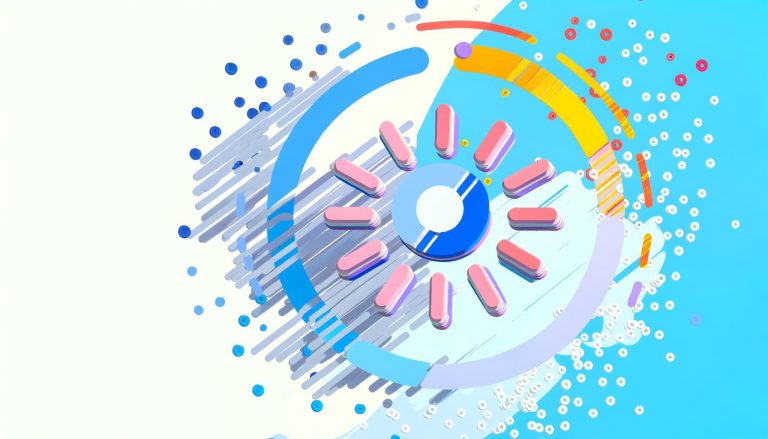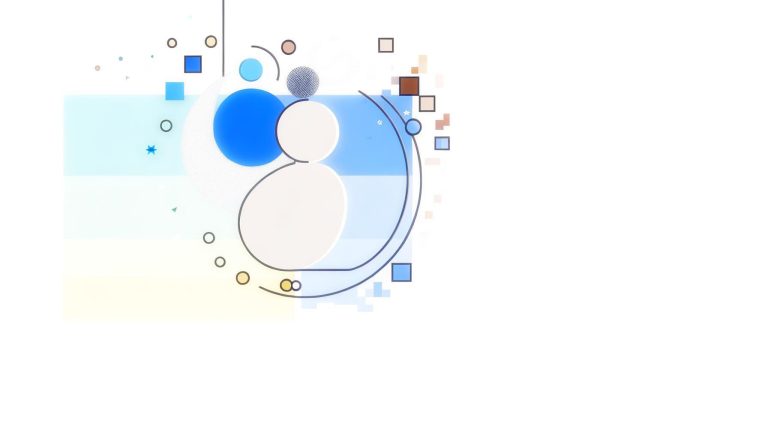Managing chronic illness can be a complex journey that affects both mental and physical health. With recent advancements in technology, AI tools have emerged as valuable resources, offering support and improving the quality of life for individuals facing these challenges. In this article, we’ll explore how AI tools are making a difference, offer practical tips for integrating them into daily life, and appreciate the many benefits they provide. We’ll also discuss what steps you can take to make the most of these advanced technologies.
Introduction to AI Tools in Chronic Illness Management
Artificial Intelligence (AI) has revolutionized various industries, including healthcare. For those grappling with chronic illnesses, AI tools can provide personalized support, monitor health metrics, and deliver tailored interventions. But how exactly do these tools work, and what can they offer? Let’s take a closer look.
How AI Tools Work
AI tools use advanced algorithms and machine learning to analyze data and make predictions. They can process vast amounts of information much faster and more accurately than a human, offering insights that were previously unattainable. In the context of chronic illness, AI can:
- Monitor symptoms and vital signs in real-time
- Predict potential health issues before they become critical
- Suggest lifestyle changes and interventions to manage symptoms
- Offer mental health support through apps and online platforms
Examples of AI Tools
Here are a few examples of AI tools currently aiding in chronic illness management:
- Wearable Devices: Smartwatches and fitness trackers monitor heart rate, sleep patterns, physical activity, and other vital signs continuously.
- AI-Powered Apps: Applications that utilize AI can provide mental health support, dietary recommendations, and personalized exercise routines.
- Telemedicine Platforms: AI assists telemedicine by offering insights and facilitating remote consultations that are timely and data-driven.
- Medical Imaging Analysis: AI algorithms can analyze medical imaging to identify issues that may be missed by the human eye.
Benefits of AI Tools for Managing Chronic Illness
AI tools offer a multitude of benefits for individuals dealing with chronic diseases. These benefits target both physical and mental well-being, making them comprehensive support systems. Here are some primary advantages:
Personalized Care
AI tools can provide tailored care plans by analyzing individual health data. This leads to more accurate and effective interventions, designed to meet the unique needs of each person.
Early Detection and Prevention
With continuous monitoring, AI tools can alert individuals to potential health issues before they become severe. Early detection means timely intervention, which can significantly reduce complications.
Improved Mental Health
Chronic illness often comes with mental health challenges, including anxiety and depression. AI-powered mental health apps can offer support through cognitive-behavioral techniques, mindfulness exercises, and mood tracking, ensuring that mental health is not neglected.
Convenience and Accessibility
AI tools bring healthcare resources right to your fingertips, making health management more convenient. Whether it’s scheduling a telehealth appointment or tracking your daily activity, these tools make accessing care easier and more efficient.
Enhanced Patient Engagement
By providing real-time data and feedback, AI tools encourage active participation in health management. Patients become more informed and engaged in their treatment plans.
Reduction in Healthcare Costs
Early detection and effective management can lead to fewer hospital visits and lower medical expenses. AI tools can help in managing chronic illnesses more sustainably and cost-effectively.
Practical Tips for Using AI Tools in Chronic Illness Management
Integrating AI tools into your routine can make a significant positive impact on managing chronic illnesses. Here’s how you can make the most out of these technologies:
Choose the Right Tools
Select AI tools that are specifically designed to address your needs. If you have diabetes, for example, look for apps and devices that focus on blood sugar monitoring and dietary management.
Maintain Consistency
Consistency is key. Regularly using AI tools will provide the most accurate data and insights, allowing for better management of your condition.
Work with Your Healthcare Provider
Discuss the AI tools with your healthcare provider. They can offer guidance on which tools are effective and how to integrate them with your existing treatment plan.
Prioritize Data Privacy
Ensure that the AI tools you choose comply with data privacy standards. Your health data is sensitive, and it’s crucial to protect it from unauthorized access.
Stay Informed
AI technology is rapidly evolving. Stay updated on the latest advancements and be willing to adapt new tools that can offer better support and insights.
Conclusion: The Future of AI in Chronic Illness Management
AI tools have the potential to transform how chronic illnesses are managed, offering personalized, efficient, and accessible care. By continuously monitoring health metrics and offering timely interventions, these tools enhance both physical and mental well-being. As technology advances, the role of AI in healthcare will only expand, providing even more sophisticated solutions for chronic illness management.
If you’re looking for a way to integrate AI tools into your daily routine, consider using the Zenora App. It offers mood and habit tracking, goal-setting features, and personalized insights, making it easier to manage your overall health and well-being.





